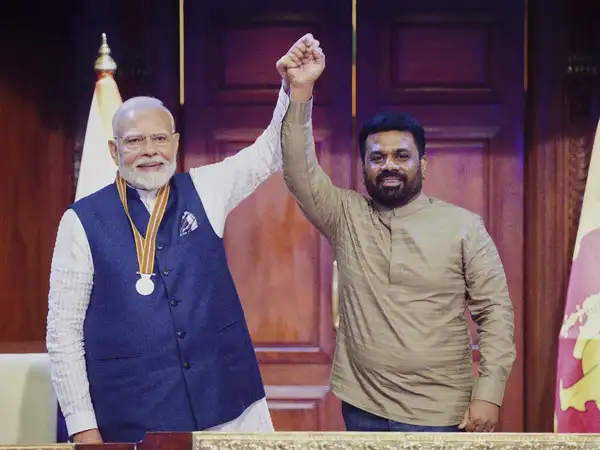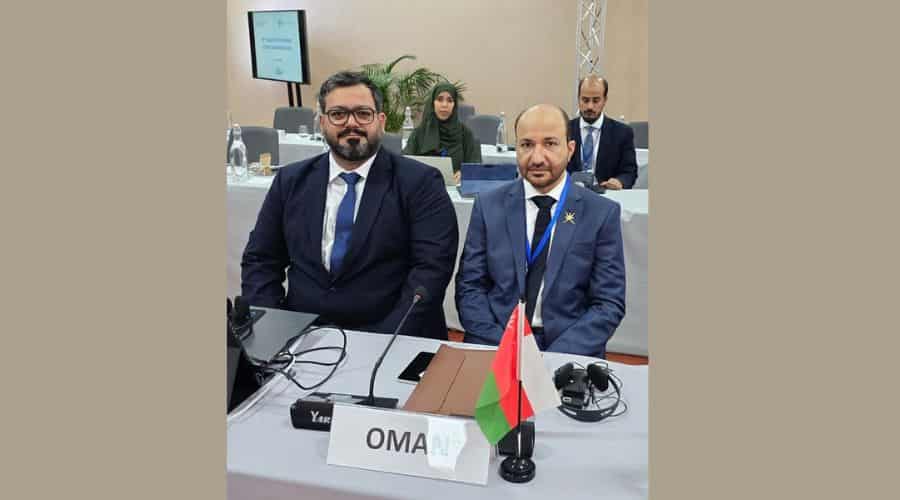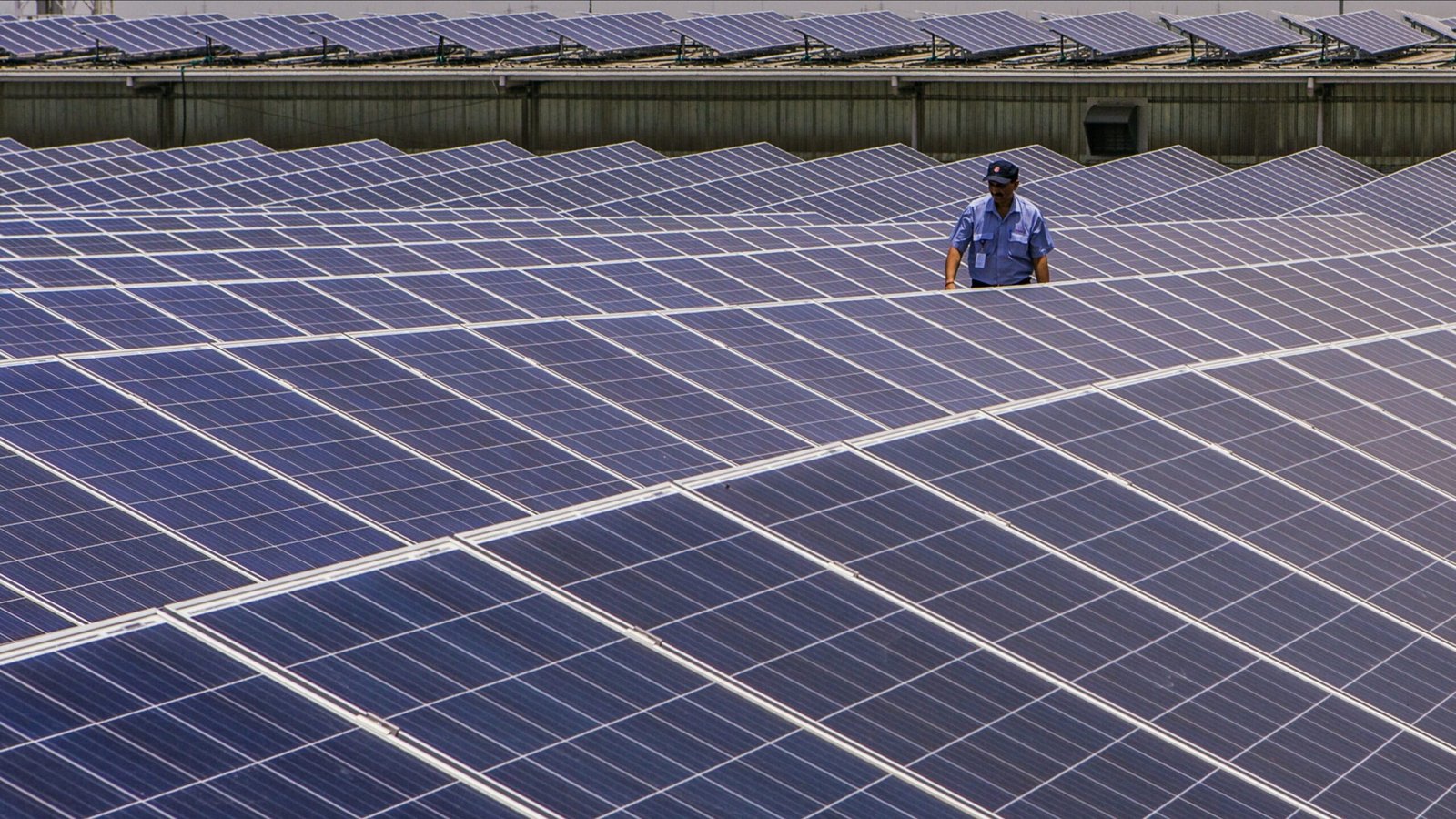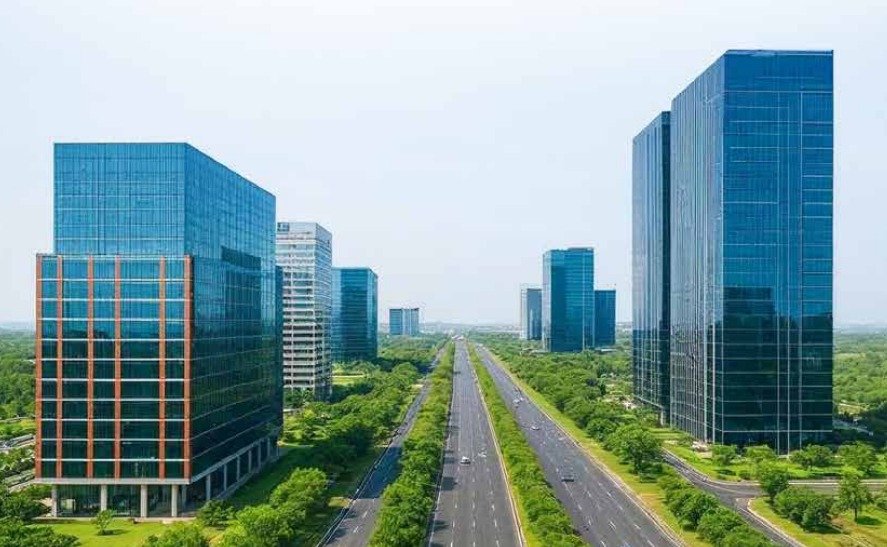Strategic collaboration aims to develop Trincomalee’s WWII-era tank farm and reshape the region’s energy landscape amid China’s growing influence
A landmark trilateral agreement has been signed by India, Sri Lanka, and the United Arab Emirates to reshape Trincomalee, the strategic port city on Sri Lanka’s east coast, into an energy hub. The pact outlines a framework for future collaboration on energy and infrastructure, including the development of a pipeline between India and Sri Lanka, and the potential establishment of a new refinery project, reported lowyinstitute.org.
According to the Emirates News Agency, the deal also signals the refurbishment and development of the historic Trincomalee Tank Farm — a World War II-era storage facility partially owned by Indian Oil Corporation’s Sri Lankan subsidiary. However, Indian Foreign Secretary Vikram Misri highlighted that while the tank farm is under consideration, final specifics will emerge from ongoing business-level discussions.
The India-Sri Lanka-UAE energy pact marks a strategic step to secure Trincomalee’s future as a regional energy hub, balancing power dynamics with China’s Hambantota refinery project
The Trincomalee deal comes against the backdrop of rising geopolitical competition, especially after China’s Sinopec announced a $3.7 billion oil refinery project in Hambantota, raising concerns in New Delhi over Beijing’s expanding footprint in Sri Lanka. For India, the Trincomalee arrangement is a calculated response to prevent potential military or strategic misuse of the port by rival nations.
Despite the deal, public resistance in Sri Lanka — especially from oil worker unions and political factions — continues to challenge Indian involvement in Trincomalee’s development. Memories of past disputes over the 99-tank lease deal from 2003 and the slow progress since the 2017 joint operational agreement have fueled skepticism.
India’s recent setbacks, such as the Adani Group’s exit from a wind power project amid local controversies, highlight the sensitive nature of its investments in Sri Lanka. The trilateral format, involving the UAE, offers New Delhi not just financial partnership but also a diplomatic cushion to navigate these complexities.
For the UAE, this agreement fits within its broader strategy of deepening economic ties across South Asia while balancing its regional competition with Saudi Arabia. Partnering with India gives Abu Dhabi access to Colombo’s energy sector and leverages India’s familiarity with trilateral collaborations, which have already borne fruit in projects with Japan.
Although the fine print remains unclear, the deal signifies a step forward for India to fortify its neighborhood diplomacy and for the UAE to bolster its presence in the Indian Ocean region. Together, the trilateral alliance aims to ensure energy security and balance in a region increasingly shaped by global power rivalries.








